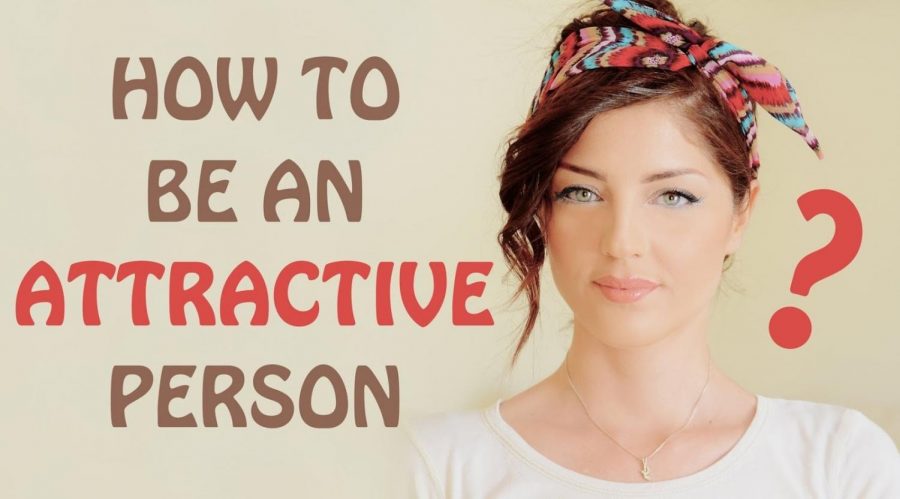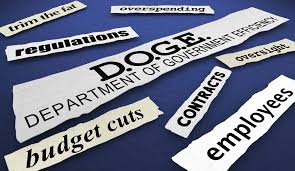The Advantages of Beauty
As a species, humans obsess over the way we look–spending hours on end trying to get those perfect curls or smokey eyes. Women are determined to emphasize their lips, curvaceous bodies, and soft silky hair while men are working to get bulky muscles and a golden tan: the traits laid out by media as the embodiment of beauty. For those who do manage to come close to these high standards of physical appearance, can it mean preferential treatment? Do attractive people have more advantages than people who aren’t as attractive?
The world rewards attractiveness. People tend perceive better-looking people as more trustworthy. They also want to associate or interact more with people who possess these qualities–which is why good looking people report less trouble making friends and landing a job. In today’s world, good looks come with perks, sometimes creating unfair advantages.
A study done by a team for The New York Times reveals that women wearing makeup are more desirable to audiences than those who don’t. The study also showed that a woman’s appearance impacted people’s perception of her competence and trustworthiness. This tendency is scientific and historic: symmetrical faces have long been linked to positive traits such as intelligence, kindness, and confidence. The earliest records for this standard of beauty were in the fifth century B.C. in Greece. Plato, an early Greek philosopher, analyzed the symmetry of faces.
A 1987 study done by Langlois, published in a professional psychological text, showed that children will like a person better if they are more “attractive.” The children studied, especially the babies, liked beautiful faces more than unattractive ones, and looked more intently at them.
Similarly, individuals with better looks are often better paid–between ten to fifteen percent more than their less attractive co-workers, according to a website called Flawless Gene. Physical attractiveness is also directly related to better social and communication skills, which in return raise an employer’s estimate of the worker’s productivity.
Looks can also influence how well one does at job interviews. According to Psychology Today, people considered to be attractive have a ratio of ten callbacks for every fourteen interviews and have a 72.% chance of being called back while their less attractive counterparts have a ratio of ten callbacks for every sixteen interviews, only a 62% chance of being called back. The study also showed that when attractive people make a critical mistake at the office, they’re more likely not to be fired. Their bosses often tolerate their faults better than their less good looking co-workers.
According to Flawless Gene, in school, teachers subconsciously give better looking students better grades.
Though all of this happens, it’s likely not done intentionally. It is all our subconscious, says Psychology Today. We are in a way “hardwired” to be attracted to good looking people. Unlike other mammals, we discriminate based on appearance because to survive, our ancestors wanted the healthiest and strongest offspring. So for hundreds of generations, our brains have been wired to seek out physical signs of the best genes. Thus, we are scientifically motivated to pay closer attention to beautiful people for many reasons, including curiosity, romantic interest, or a desire for friendship or social status.
Eighth grade student, Vaishnavi Nayak said, “I think modern society has improved a lot since the beginning of the century, and beauty is now more about what is inside than the outside.” It is true that beauty is subjective, and there is not just one standard. What one thinks is beautiful could be entirely different from the person next to them. As Shakespeare himself once said, “Beauty is bought by judgement of the eye.”
But even so, science indicates that in the end, attractive people do have more unfair advantages in life than less attractive people.







